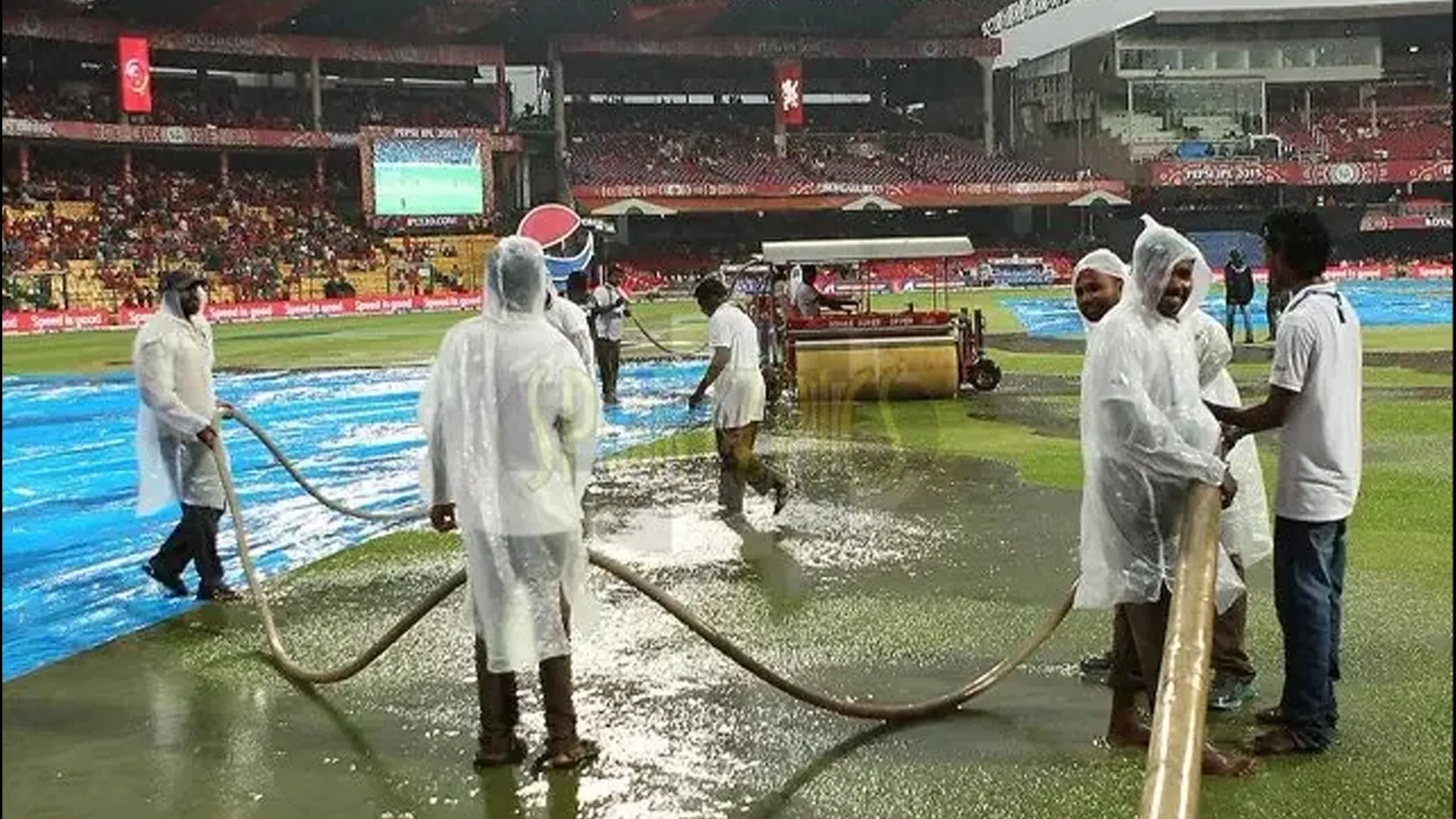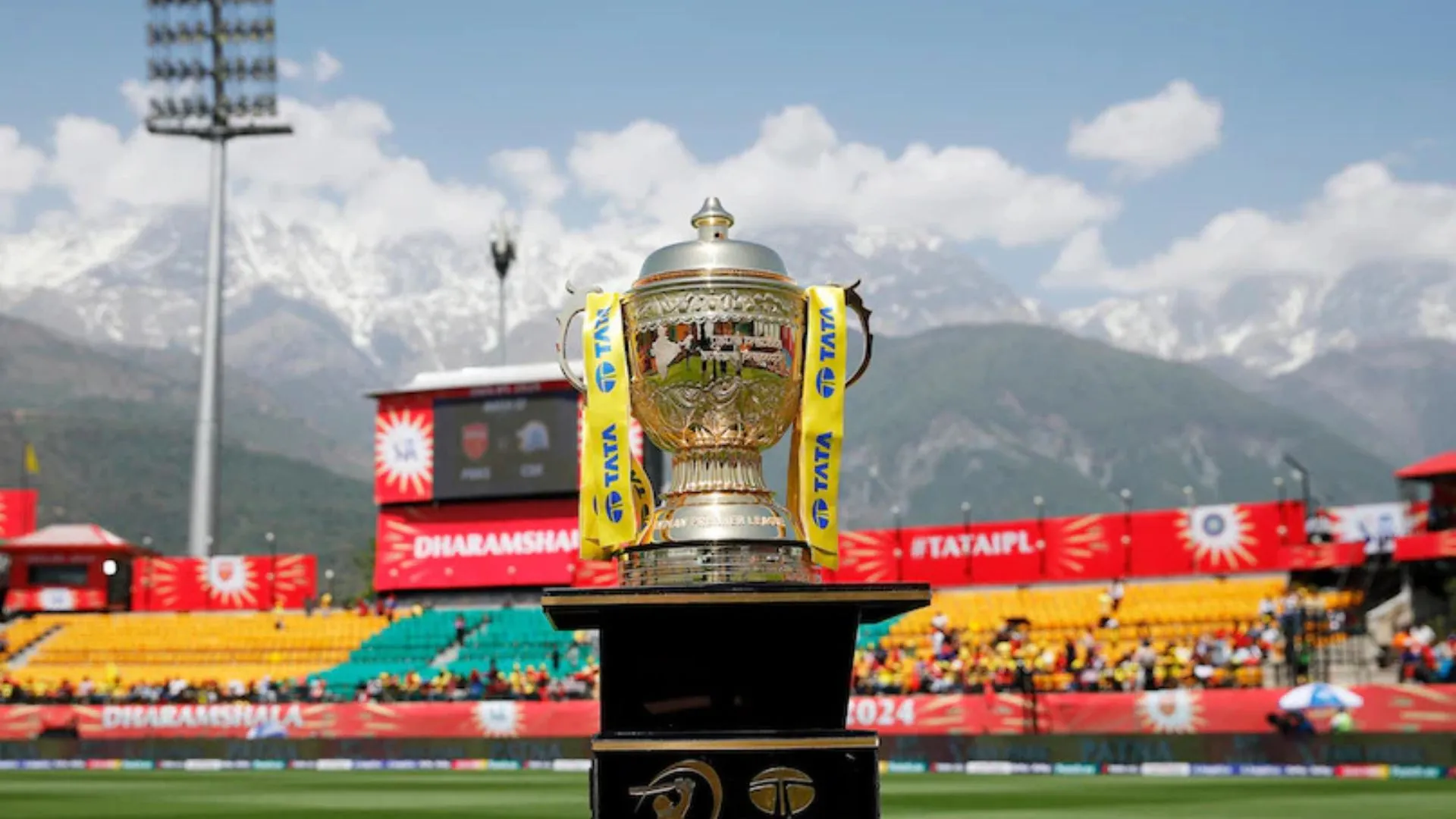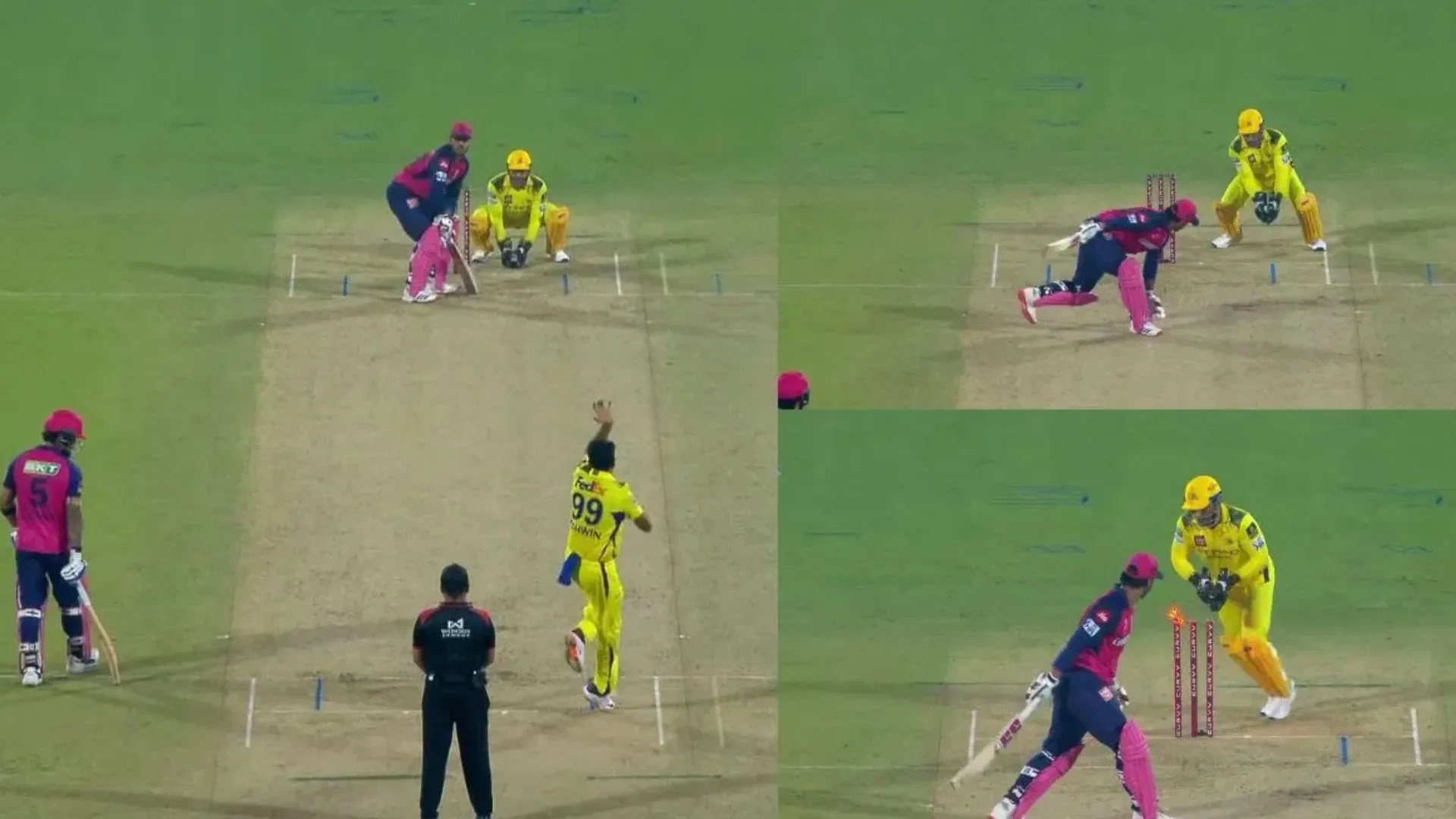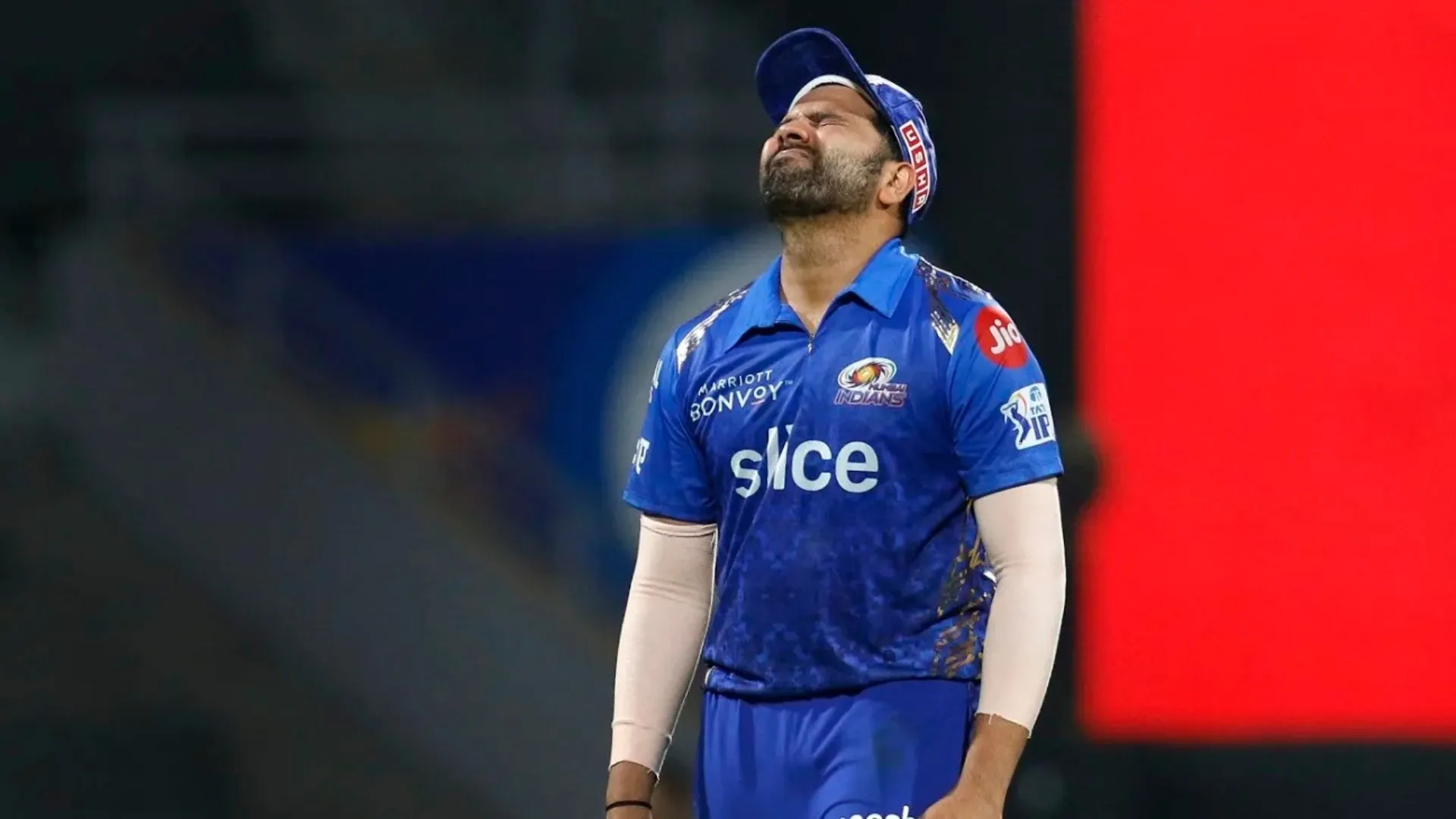Bangalore Water Supply and Sewerage Board (BWSSB) has confirmed the supply of treated wastewater to Bengaluru’s Chinnaswamy Stadium during the next season of the Indian Premier League (IPL) as part of efforts to save water in a city facing shrinking water resources.
Water Conservation Measures Given Increasing Shortages
The BWSSB Chairman Ram Prasath Manohar asserted the need to use water sensibly, since Bengaluru continues to face worsening shortages.
“During the last severe water crisis, we actively promoted the use of treated water. This year, scientists from the Indian Institute of Science (IISc) have also warned of potential water shortages due to groundwater depletion. To address this, BWSSB is taking proactive steps to raise awareness about the reuse of treated water, which can be utilised for various non-potable purposes,” he added.
The IPL 2025, which is among the world’s most-viewed cricket league, attracts huge crowds and imposes extra pressure on city infrastructure. Chinnaswamy Stadium uses about 75,000 litres of water every day during the tournament. This is provided by the Cubbon Park Waste Water Treatment Plant.
Since last year, BWSSB has been providing treated wastewater to the stadium at the behest of Karnataka State Cricket Association (KSCA), managing water in a sustainable manner without drawing on fresh water supplies.
Political Reactions Over Water Crisis
The ruling has raised political responses, and BJP MLA Dr. Bharath Shetty attributing it to Bengaluru’s larger water scarcity issue. He was reminded of a recent comment by Karnataka Deputy Chief Minister DK Shivakumar, who remarked, “Even God can’t save Bangalore.”
Shetty called on the government to act more substantively in reversing the city’s worsening water condition. “There’s an acute water crisis. If there’s an alternative, they should look into it. The government should seriously put some effort into it,” Shetty stated.
A Sustainable Step Amidst Rising Challenges
As Bengaluru grapples with increasing water issues, BWSSB’s move reflects the need for recycling wastewater. With scientists sounding alarms over increased shortfalls, officials find themselves under pressure to adopt large-scale water conservation efforts above and beyond maintenance of stadiums.
Utilization of treated wastewater in Chinnaswamy Stadium is a model of sustainable water practice, but the general crisis in the city requires immediate, long-term answers.









